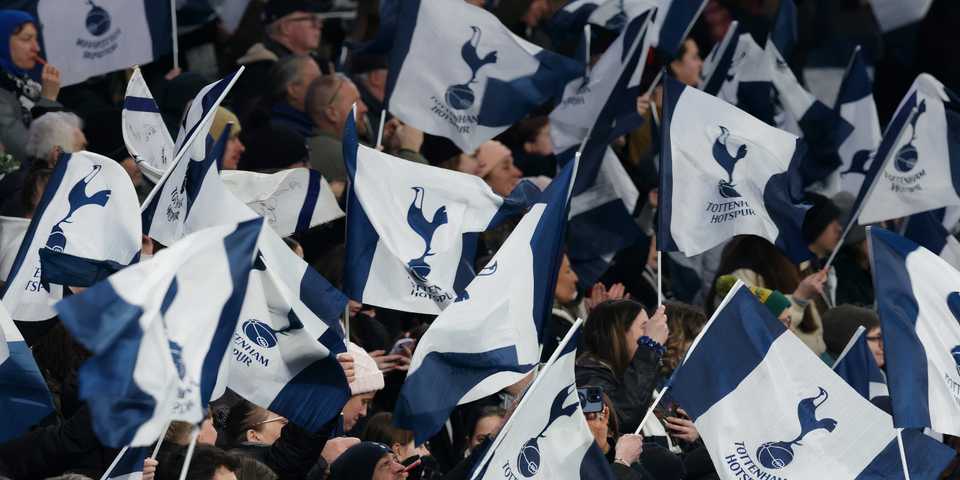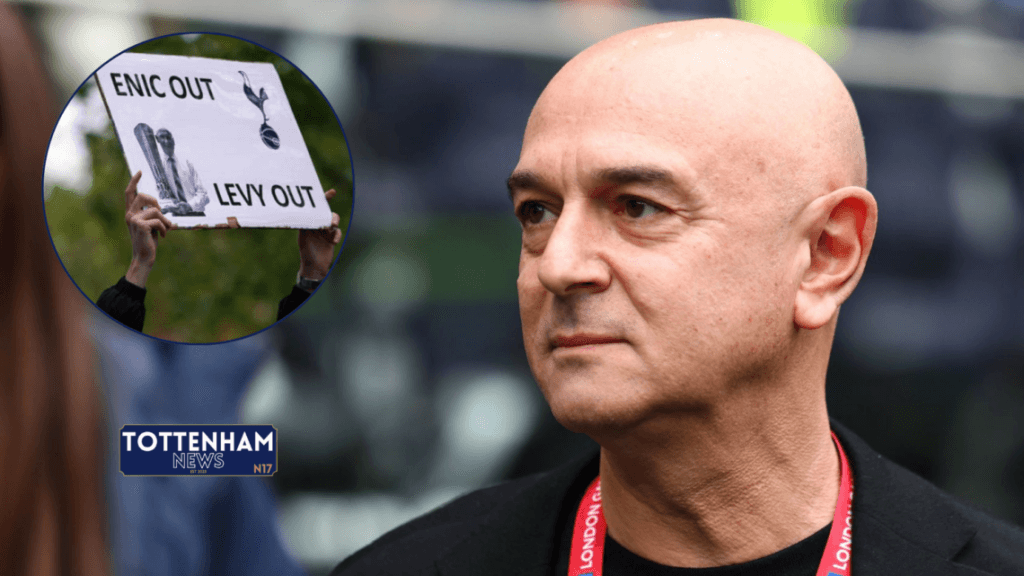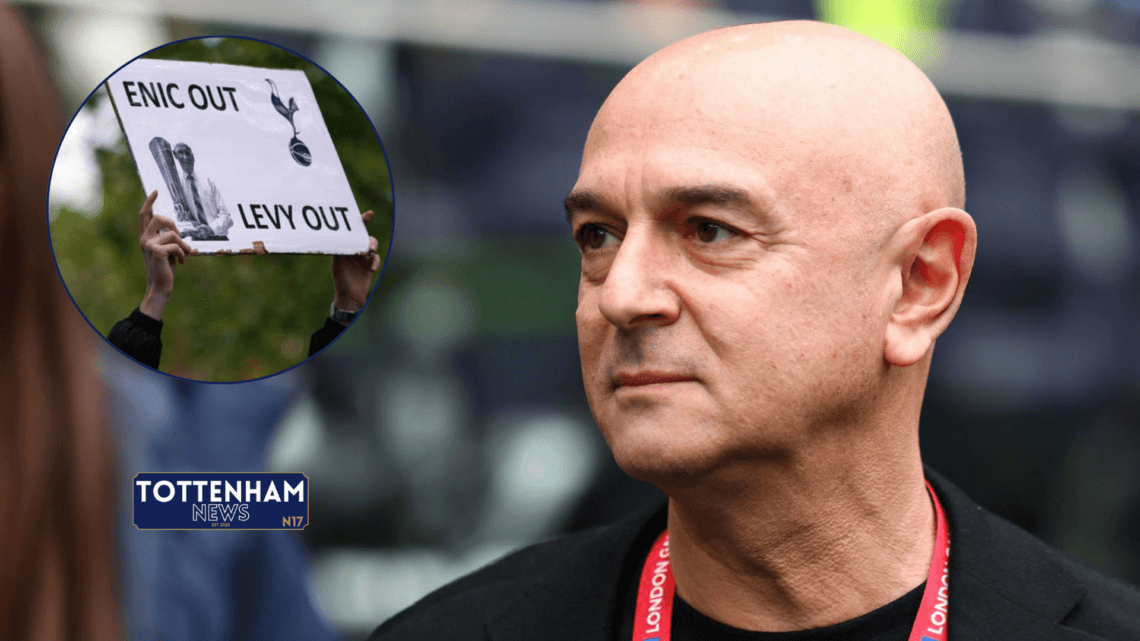The frustration boiling over at Tottenham Hotspur isn’t just about another trophyless season—it’s about the staggering waste of nearly a billion pounds that has left the club further from success than when they started.
While chairman Daniel Levy and owners ENIC proudly point to their state-of-the-art stadium and healthy balance sheets, the harsh reality is that Tottenham have become the Premier League’s most expensive cautionary tale.
This season’s potential bottom-half finish—the club’s first since 2007-08—isn’t some unfortunate blip. It’s the inevitable result of years of flawed decision-making, where financial pragmatism consistently trumped footballing ambition.
Finance expert Kieran Maguire’s damning analysis reveals the full scope of this mismanagement: £830 million spent on players over five years with nothing tangible to show for it. To put that into perspective, that’s enough money to buy every player in Brighton’s starting XI twice over with change left for a world-class striker.
The numbers tell a story of systemic failure. Despite generating £140 million in operating cash flow last season and reducing losses from £86.8 million to £26.2 million, the product on the pitch has regressed.

Levy’s much-touted financial stability looks increasingly like an excuse for mediocrity, especially when supporters are paying the highest ticket prices in English football to watch a team that can’t string together three consistent performances.
Look at where that £830 million went: £60 million on Richarlison, whose goals-per-minute ratio is worse than most Championship strikers; £55 million on Tanguy Ndombele, who became so unfit the club paid him to play for someone else; £42 million on Davinson Sánchez, who was deemed not good enough after three seasons. This isn’t bad luck—it’s institutional incompetence in player recruitment.
Maguire’s financial breakdown exposes the smoke and mirrors at play. While the £1 billion stadium generates impressive revenue streams, nearly £70 million of last season’s accounting loss came from stadium depreciation—a clever accounting trick that does nothing to improve the team.
Meanwhile, the club’s wage structure, deliberately kept lower than rivals to protect profits, has created a revolving door of managers trying to polish average players into world-beaters.
There’s a cruel irony that Tottenham’s most successful recent signing isn’t a player but their stadium—a cash cow that’s allowed Levy to paper over the cracks. Matchday revenue has skyrocketed, but at what cost?
The club’s famous “To Dare Is To Do” motto has become “To Balance The Books Is Enough.” While Arsenal, Chelsea, and even Aston Villa have won trophies in Tottenham’s drought, Spurs fans have been served PowerPoint presentations about commercial partnerships.
The recent fan protests before the Southampton match weren’t just about results—they were a referendum on 22 years of ENIC ownership. Supporters aren’t naive; they understand financial sustainability.

But they also recognize when they’re being taken for granted. Paying premium prices for a mid-table product would anger any consumer, let alone a fanbase that watched their club reach a Champions League final just five years ago.
Ange Postecoglou’s arrival promised a new direction, but the Australian has been handed the same poisoned chalice as his predecessors. No manager can succeed when the club’s transfer strategy resembles a drunk man throwing darts at a list of players.
The brutal truth? Tottenham’s recruitment has been so poor that even Manchester United’s much-mocked transfer committee looks competent by comparison.
The solution isn’t another “five-year plan” or stadium expansion. It’s a fundamental reset in priorities. Levy must choose between running Tottenham as a profitable real estate business or a football club with genuine ambition.
Right now, he’s failing at both—the team isn’t winning, and the financial “success” is built on exploiting loyal supporters.
Until that changes, Tottenham’s shiny stadium will remain what it’s become: the world’s most expensive monument to missed opportunities. The saddest part? After nearly two decades of this, even the most optimistic Spurs fan struggles to remember what success actually looks like.

